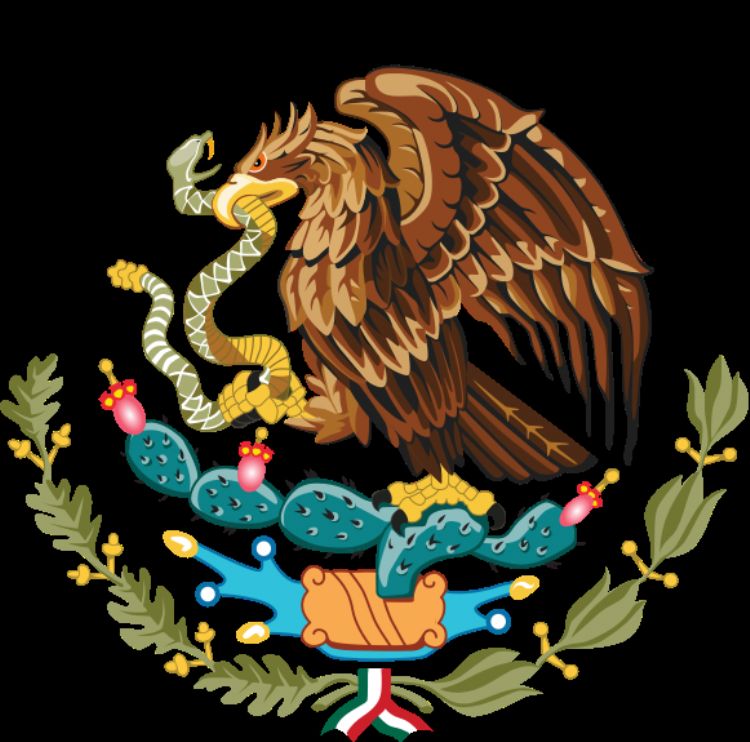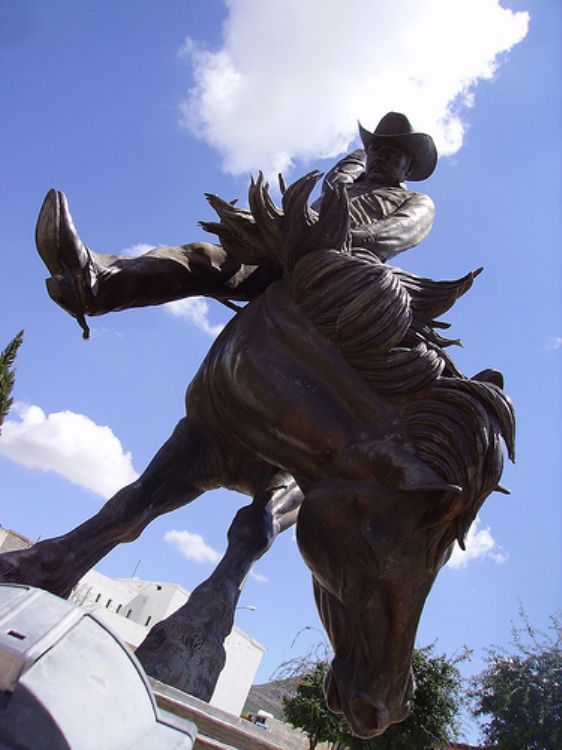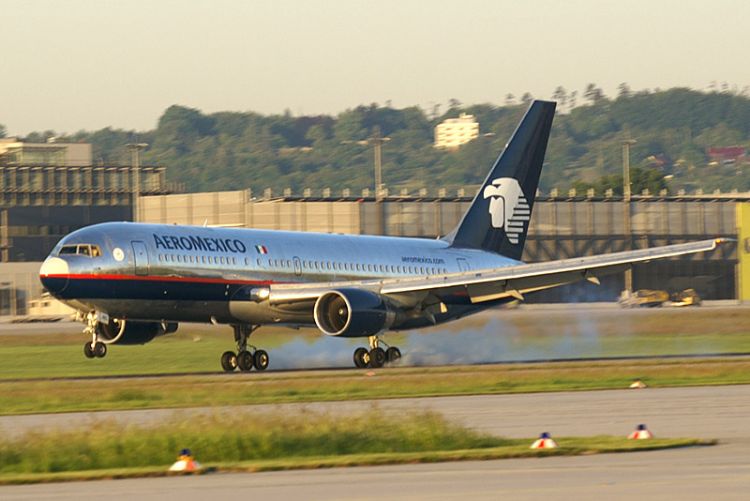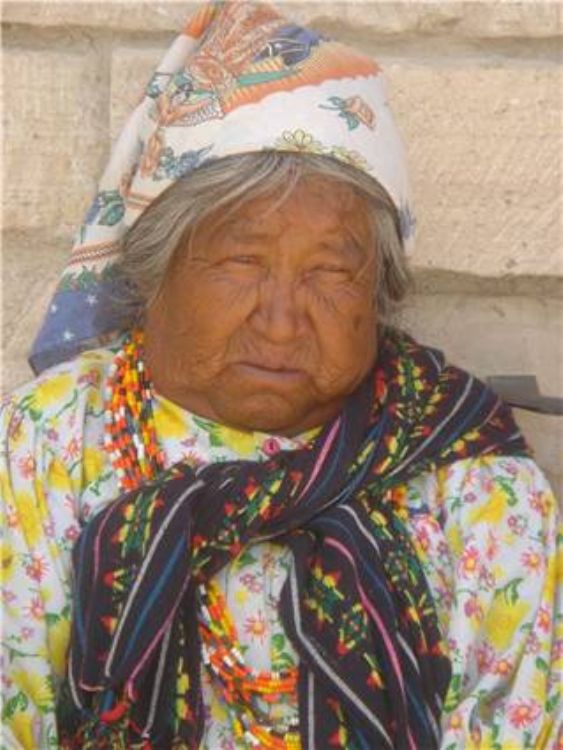
The 1917 Constitution is the result of a long historical ...

The harsh geographic conditions of the state have shaped the character of its inhabitants, who, as the majority of fellow countrymen from the north, forged their tenacity and perseverance from the hard and constant struggle that implies obtaining food and water for their families and livestock from such dry and arid land. This, in addition to the characteristic hospitality and courtesy of the Mexicans, conforms the typical profile of the industrious citizen of Chihuahua.
This is how and why, on soils with little agricultural potential, native inhabitants, missionaries and Spanish colonizers learned and developed special techniques to preserve the products as the harvest seasons were few and short. This is the origin of the Chacales or dry corn, overripe peppers, canned fruit and dehydrated fruit, cured meat, and the famous "ranch cheese" made out of cow or goat milk. These treated ingredients have a unique flavor different to that of the natural product, giving the local stews a special seasoning.
However, this difficult conditions did not discourage the pre-Spaniard inhabitants of the area known as Paquime or Casas Grandes, who in fact developed a great city with buildings of up to four stories high and decorated with highly artisticceramic works. Apart from their refined skills in the production of pottery, other discoveries include large cages for exotic birds fitted with heating, and courtyards for the practice of the Juego de Pelota or ball game.
Nowadays, the society of Chihuahua is formed by indigenous groups with deeply rooted traditions and customs, of which the Tarahumaras is still the largest group, the descendants of the original inhabitants of the region who were forced and displaced to the mountain range now called the Tarahumara Sierra. As is norm nationwide, this ethnic group is one of the poorest and more isolated in the state, and its economy is partly based on the production of clay pots and jars, as well as rustic textiles and jewelry, usually offered to tourists around the state.
Another group with a strong influence in the cultural and economic life in Chihuahua is that of the Menonitas, a community formed by hundreds of families coming from Canada that arrived at the state locality of Santa Clara in the first decades of the XX century thanks to exceptional concessions offered by the Mexican authorities.
Their European descent, their unique religion, the frugality found in every aspect of daily living, and their characteristic dedication to group work are now part of the state life, specially in the city of Cuahtemoc home to a flourishing Menonite community.
A sad and embarrassing chapter in the history of Chihuahua and in fact of the Mexican nation, represents the massive killing of women that occurred in Ciudad Juarez. During the 1990´s , the economic boom of the United States reached the Mexican border in the shape of cross-border plants that offered plenty of opportunities to Mexican workers. However, this opportunity turned into tragedy for many female workers from Juarez, who were murdered or disappeared in the year 1993 crimes that remain in impunity to this day. Suchmisogynic violence transcended national boundaries and reached advocates of human rights, artists and politicians around the world, who have joined the families of the victims known as the Women of Juarez in their quest for justice. In this respect, distinguished Latin American writer Carlos Monsivais has denounced Mexican authorities as corrupt, and the local government of Juarez has been subject to many changes at its highest levels, such as the posting of women in key institutions as The Federal Prosecutors Office or the State Attorneys Office.

The 1917 Constitution is the result of a long historical ...

The Popular Revolutionary Army (EPR for its initials in S...


The Spanish language arrived with the Spanish conquerors ...